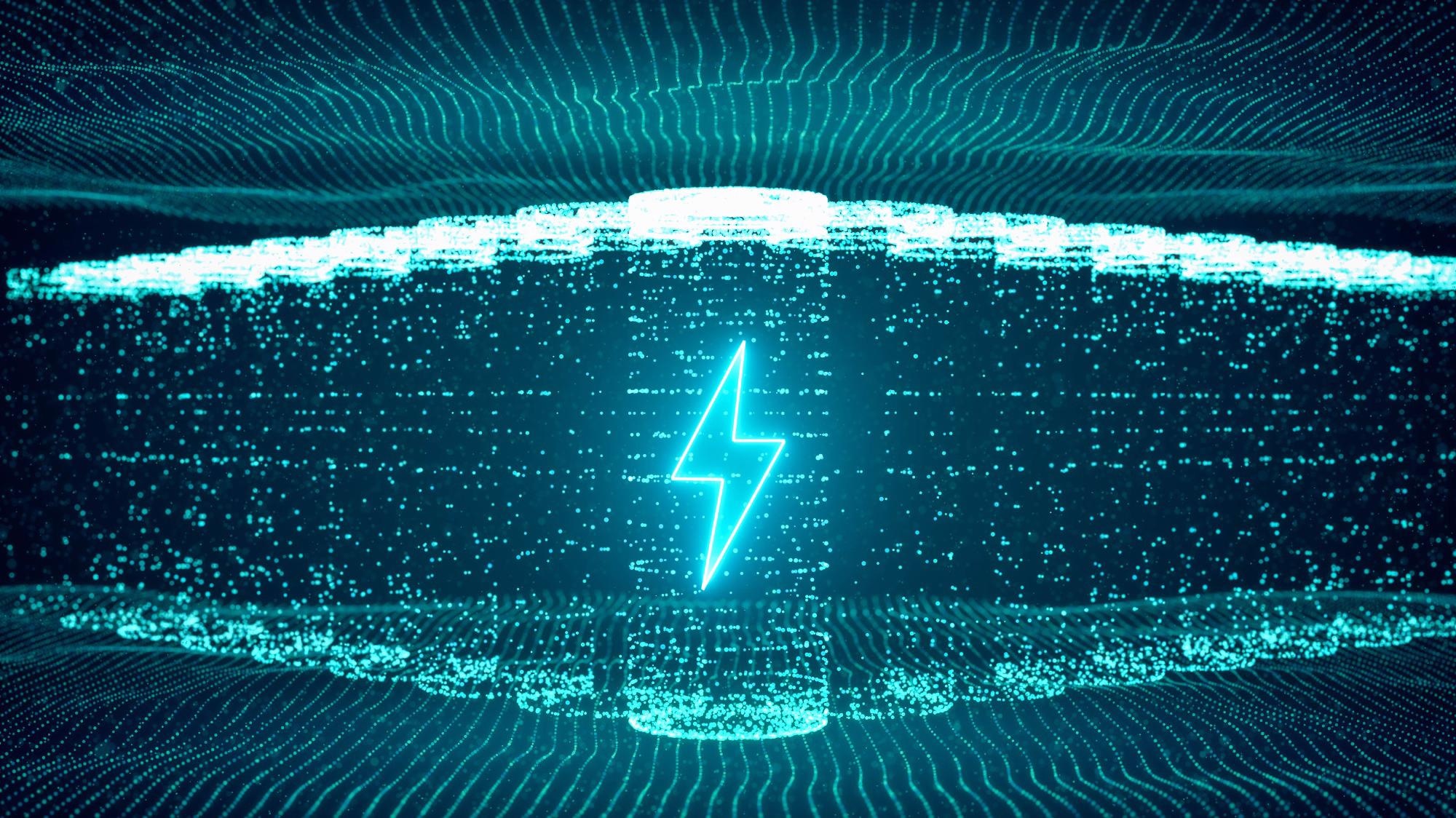
Image Credit: Shutterstock.com/ Black_Kira
Batteries’ ubiquity is partly due to the quick shift toward creating and utilizing clean energy to substitute fossil fuels. But how clean are batteries?
Recyclability is a main constituent of how unclean a technology is, from production to use to disposal. Mainly as demand and usage grow, their environmental effect and recyclability will become even greater problems.
A new body of scholarship, backed by the United States Agency for International Development (USAID) program through the U.S. National Academies and headed by Nikhil Gupta, professor of mechanical and aerospace and civil and urban engineering, and a member of the NYU Center for Cybersecurity, concentrates on the need to embrace a circular economy (or zero waste) paradigm for the leading batteries — lithium-ion (Li‐ion) and lead acid (LA).
The study, “Recycling of Li-Ion and Lead Acid Batteries, a Review,” which was published in The Journal of the Indian Institute of Science, deals with the construction and materials of batteries, components of production and recycling, multinational recycling loop for spent batteries and more.
The research team comprises principal author Kaushik Yanamandra, a Ph.D. student in Gupta’s lab; Dinesh Pinisetty of California State University; and Atef Daoud of the Central Metallurgical Research and Development Institute, in Cairo, Egypt.
In the study, the researchers state that while Li-ion batteries have better energy density and extended cycle life, less than 1% of them are recyclable, and the steps for recovering Li for reuse in battery applications are still wasteful.
By contrast, LA batteries are currently recycled with over 99% efficiency in the United States and EU because of aspects such as availability of approaches to cost-effectively recover materials, separation at the source and rules supporting recycling. The research article emphasizes the need for unique recycling methods to be developed for the proper recycling of Li‐ion batteries.
Lead acid batteries have been around for a long time, so recycling has greatly evolved. In fact, when one buys a new car battery, the old one must be returned for recycling— it's a requirement. Because the architecture of LA batteries has not changed substantially over the years, recyclers know how to do it quickly and efficiently.
Nikhil Gupta, Professor of Mechanical and Aerospace and Civil and Urban Engineering, Tandon School of Engineering, NYU
The coauthor Pinisetty explains that “Li-ion batteries will continue to gain market share due to their significantly superior performance. However, the rapidly evolving chemistry and cell design of Li-ion batteries pose major challenges for the recycling industry. Once the battery chemistry is standardized, it will become easier to develop effective recycling technologies.”
Meanwhile, the researchers highlight that the market size of LA batteries is still increasing owing to their demand in automotive and grid-scale storage applications. They state that:
- The total battery market size was projected to be US $108.4 billion in 2019, and it is projected to increase by 14.1% from 2020 to 2027
- LA batteries make up 29% of the market share, projected to be roughly $59 billion in 2018
- Although the application of Li-ion batteries is quickly increasing, particularly in electronic devices and electric vehicles, the total growth of the energy storage device sector is supporting the LA battery market with regard to volume.
This study acknowledges the generous support of the American people through USAID.
Journal Reference:
Yanamandra, K., et al. (2022) Recycling of Li-Ion and Lead Acid Batteries: A Review. The Journal of the Indian Institute of Science. doi.org/10.1007/s41745-021-00269-7.